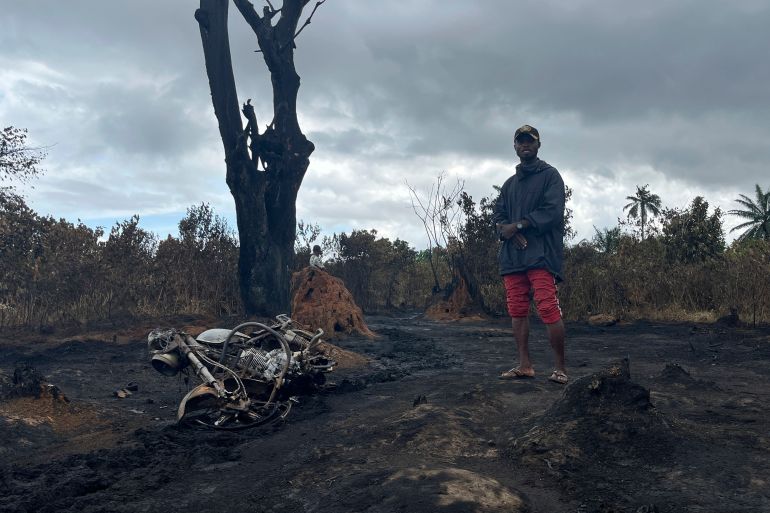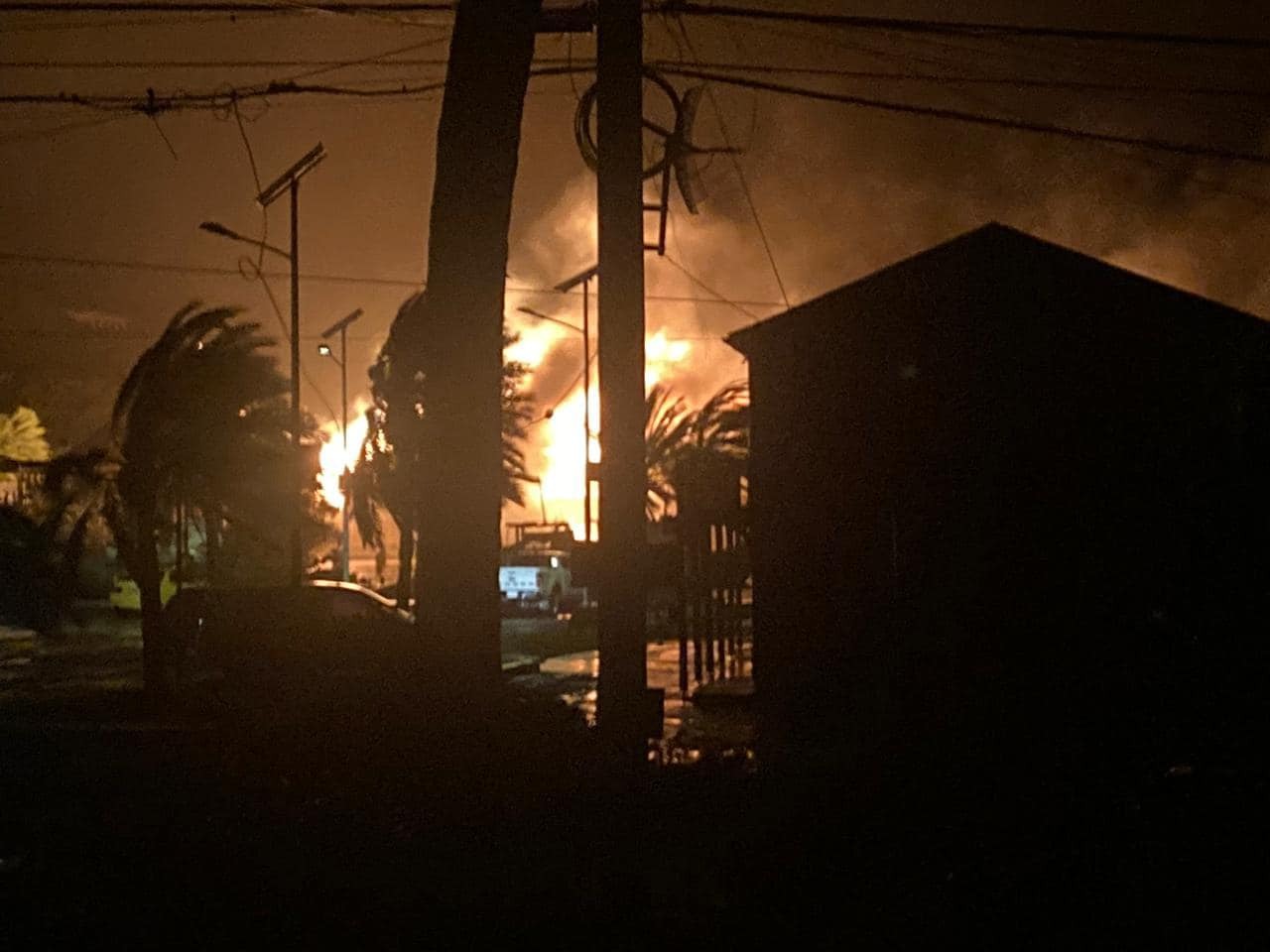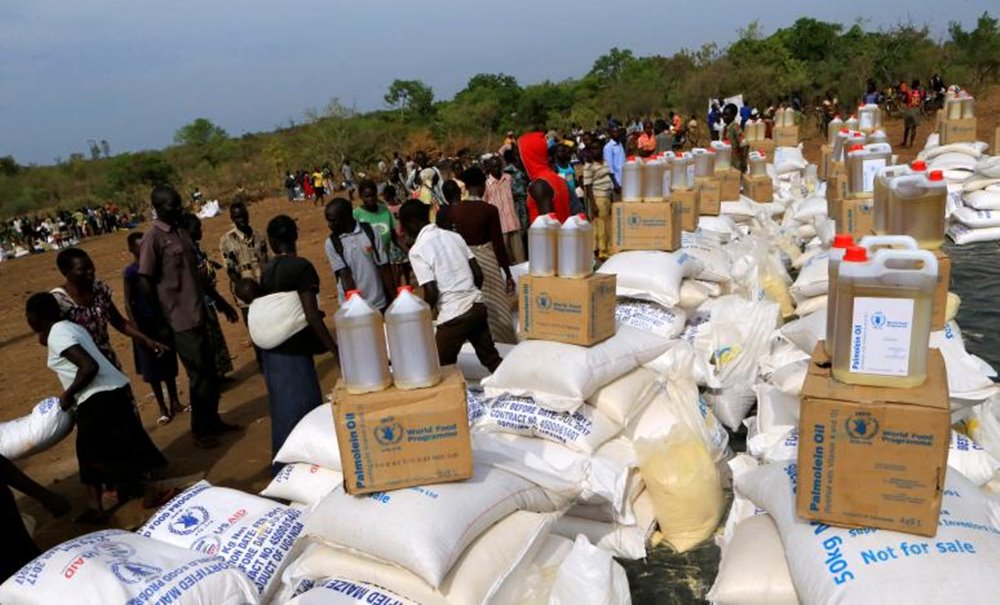A devastating incident unfolded in southern Nigeria’s Rivers State, as an illegal oil refinery erupted in flames, resulting in the loss of lives, including that of a pregnant woman. According to reports from both residents and a security official, at least 18 people perished in the tragic blaze.
The incident occurred in the early hours of Monday in the Emohua district, when a makeshift refinery ignited a nearby oil reservoir, leading to severe burns and casualties among the victims. The local Nigeria Security and Civil Defence Corps revealed that 18 individuals were tragically burned beyond recognition, while 25 injured persons were rescued.
Among the victims were primarily young individuals, including a pregnant woman and a young lady who was preparing for her upcoming wedding ceremony next month, further highlighting the heart-wrenching impact of the incident.
In a separate report, a local community leader from Ibaa shared with Reuters that the death toll could be as high as 37 individuals. The leader, Rufus Welekem, stated that 35 people were caught in the fire, and two individuals who had managed to escape the initial incident sadly succumbed to their injuries in the hospital on Tuesday.
Illegal oil refining has become a common practice in Nigeria’s oil-rich Niger Delta region, where impoverished locals tap into pipelines to extract fuel for sale, often using rudimentary methods such as boiling crude oil in drums. However, these operations are fraught with danger and have resulted in numerous fatalities.
Despite Nigeria’s efforts to crack down on illegal crude refineries, the issue persists, with the involvement of influential politicians and security officials, according to local environmental groups. This ongoing challenge, coupled with crude oil theft, pipeline vandalism, and legal disputes over oil spills, has prompted oil majors operating in Nigeria to divest from onshore and shallow water assets and focus on deepwater operations instead.
The tragic explosion serves as a stark reminder of the risks associated with illegal refining activities and the need for sustained efforts to address the underlying issues and ensure the safety of the local communities in Nigeria’s petroleum-rich regions.





